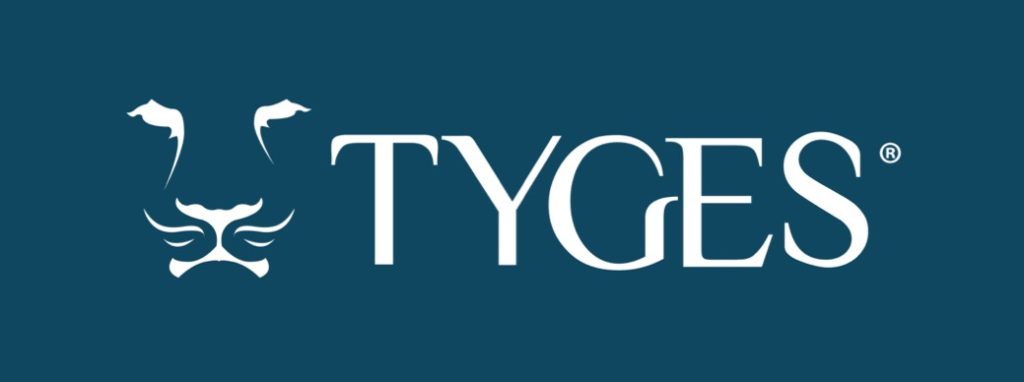We’ve all grown suspicious.
Modern technology brought us closer and then less than stellar folks figured out how to use it to take advantage of others. Whether you’ve ever gotten an email purportedly from your boss asking for gift cards, or you’ve received a desperate-sounding Facebook message from a grandchild supposedly stuck overseas – you’ve learned to be on high alert when a strange number comes through your phone or an unknown person reaches out on LinkedIn.
Caution is called for AND I still recommend you return the call or read the message from a recruiter.

Recruiters often cold-call potential candidates. We don’t expect you to pick up the first time we call you because we’re as cautious as you are about strange numbers coming through. We do, however, recommend you call back because a quick conversation may lead to a valuable tip, resource, or even a job.
It’s rare that the first phone call I have with a potential candidate turns into a job offer from the initial customer and that’s okay. Why should you take the call then?
Here’s what’s in it for you:
- Intel. Everyone wants to learn, particularly about their industry and the state of things. Having a conversation with a recruiter who reached out to you is a great opportunity to find out what they’re working on – and in wild times like these – find out what they’re seeing in the market-place first hand.
- Resources. Recruiters can guide you in finding your next career move, even if it’s not through them. At TYGES we focus on making good things happen for other people and that’s not just lip service. When I know of a resource that can help you on your career path, I’ll share it – even if that means encouraging you to speak with someone else who specializes in what you want to do.
- Network. You’ve heard the adage, “It’s not what you know, it’s who you know,” and during tough times that couldn’t be truer. Great candidates are clear about where they want to go and are open to networking to get there. The more people you know, the more likely you’ll be the first person they think of when the ideal career opportunity for you comes in.
- Avoid the ATS (Applicant Tracking System). Job seekers hate the ATS because most don’t have the time, energy or inclination to re-write their resume dozens of times for every job they want. TYGES has a free resource to help candidates with their resumes (TYGES Job Resources) and as recruiters, we’re well-equipped to help you clean up a resume so that it is a useful tool when we present you to our client.
Those are just a few reasons to take (or return) the call.

Here are ways to make the most of the calls you do take:
- Leave a message. If you’re returning the call and the recruiter doesn’t answer, leave a message. Your name, number, and a brief bit about what you do is a great way to move ahead. Most recruiters are working several roles for multiple clients and having your name and number and a little piece of information to jog the memory is really useful. Bonus points if you let the recruiter know if there is a better number or time to reach you.
- Focus on the relationship. Most friendships are built over time and professional relationships are the same way. Relationships are built on communication – which includes speaking and listening. If your recruiter has a specific role, let them give you a high-level view of what it is while you listen intently. Then ask questions or share a bit about your background that may be relevant (or indicate why this isn’t the role for you.) Some recruiters are new and some are seasoned but all are human just like you. Listening and talking are a vital part of building the relationship.
- Know what you want. Whether you’ve been thinking about a career change, are simply networking or have recently been let go from your job, have a clear idea of what you want in your next position. Think long-term and short term and be honest with yourself about your challenges and strengths. That way when you talk with a recruiter, you’ll be able to clarify your goals and your non-negotiables without feeling nervous or put on the spot.
- It’s okay to say no. Recruiters hear “no” all day long! When you tell me that the role I’m working on isn’t a fit, help me understand what will be a better fit down the road. Specify things like your desired compensation (I don’t need to know what you’re currently making – just what you feel will keep you whole); where you want to be geographically (are you willing to relocate for the right position?); and other keys to finding you the right fit. You can be sure that the clearer you are, the easier it will be for me (and my teammates) to reach out with a role close to your ideal.
- Be nice. The world is a wild place in the best of times and during a pandemic, everyone is carrying more stress than usual. You’ll be remembered for how you treat people and being nice is a great way to enhance your reputation as a candidate and a human being.

Your Mom told you not to talk to strangers, however, chatting with a recruiter may just change your professional life for the better.

Written by: PEGGIE ARVIDSON, Executive Recruiter
Peggie Arvidson started recruiting in junior high school when she convinced her classmates to join her in creating a ski club. Since then, she’s held many positions from sales to recruiting to non-profit leadership and quality assurance. Her focus in her life and career is helping people to find their right work for the right pay because she believes that when people are happy at work, they are secure in life, and happy people change the world for the better.
Peggie has moved more than 30 times across 5 states and three time zones, and is not a military brat. She can usually be found walking around Williamsburg, tasting new foods, and searching out hidden beauty whenever she’s not at work.

“We’re here to make good things happen for other people.“


